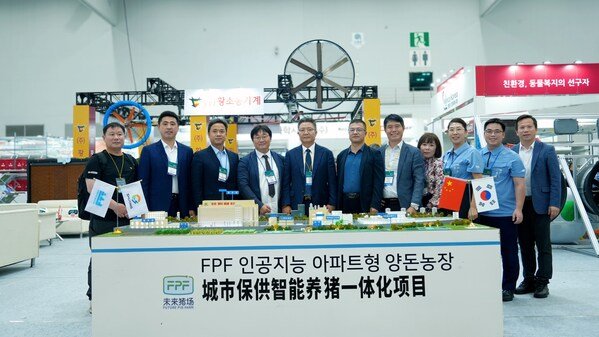Today’s ESG Updates
- Trump Pressures EU on Tariffs to Squeeze Russia: Trump urged the EU to impose tariffs on China and India to economically weaken Russia.
- Von der Leyen to Set EU Agenda Amid Trade Deal Criticism: The EU Commission President will outline priorities after backlash over a U.S.-EU trade deal criticized.
- Hybrid Cars Fail Emission Claims, Says Watchdog: Findings from a report cast new doubt on their role in meeting EU climate targets.
- Alternative Marine Fuels to Surge After 2030: Shipping leaders expect wider adoption of low-carbon marine fuels post-2030 as emission rules tighten.
Sources reveal Trump’s requests for EU to impose steeper tariffs
Sources have disclosed that Trump has urged EU officials to impose tariffs of up to 100% on China as a strategy to pressure Russian President Putin, alongside similarly steep tariffs on India. As major purchasers of Russian oil, China and India contribute significantly to Russia’s economy as it continues to pursue an expanded invasion of Ukraine. An EU diplomat stated that the U.S. had indicated willingness to impose similar tariffs if the EU heeded its request, which would be a change of strategy for the EU. Though tariffs on India had increased by 25% over summer, the more punishing options threatened by Trump were not imposed. To keep up with evolving industry updates alongside geopolitical changes, businesses can rely on ESG solutions for reference. .
***
Further reading: Trump urges EU to impose 100% tariffs on China, India to pressure Putin, sources say
EU Commission President to announce EU priorities following trade deal backlash


President von der Leyen of the EU Commission is to address the EU Parliament with a State of the Union speech, which presents the annual opportunity to set the political agenda of the 27-nation bloc. This is especially crucial as it follows a highly criticised trade deal agreement with the U.S. The deal was such that the EU agreed to remove tariffs on U.S. industrial goods, easier access for U.S. farm products, and a 15% U.S. tariff on its exports. This faced backlash from many European politicians, though EU officials and leaders supported it for its trade, political, and business security. Additionally, a raft of policies was proposed this year to reduce bureaucracy for struggling industries and help EU firms compete with rivals in China and the U.S., which have received similarly mixed reactions. Businesses can turn to ESG tools to ensure that they adhere to the key regulations.
***
Further reading: Von der Leyen to outline EU priorities after US trade deal backlash
Klimado – Navigating climate complexity just got easier. Klimado offers a user-friendly platform for tracking local and global environmental shifts, making it an essential tool for climate-aware individuals and organizations.
Hybrid cars not a reliable low-emission fix to meet EU targets


A transport research and campaign group, T&E, has stated in a recent report that hybrid cars release much more CO2 than indicated on their official ratings, hence they should not qualify as low-emission vehicles to meet EU targets. T&E disclosed that data showed real-world emissions being more than 130g of CO2 for PHEV models, which are commonly mismarketed as low-emission vehicles despite performing and emitting similarly to petrol cars. T&E said a main cause for the discrepancy between real-world and official ratings was an overly optimistic assessment of the share of vehicle operations powered only by electricity, which the Commission plans to revise in the coming years. It was stated that the changes should persuade automakers to increase the range of batteries in hybrids to make them more electric.
***
Further reading: Hybrid cars are not low-emission fix to meet EU CO2 targets, says campaign group
Alternative marine fuels uptake to accelerate after 2030


Shipping executives have predicted that the use of alternative fuels in shipping will speed up after 2030 as tighter emissions standards come into effect, contrasting the stop-start transition for now. Due to trade volatility and geopolitical uncertainty, the take-off in this decade will be gradual, but gains are expected in the next 10 years. The shipping industry has been exploring lower-carbon alternative fuels to reduce its reliance on oil as it tries to meet carbon emission reduction targets set out by the UN’s International Maritime Organisation. Industry experts have emphasised the importance of decarbonisation while acknowledging the challenge that geopolitical volatility presents, especially when it comes to corporate decision making. To be updated on the latest industry regulations and updates, businesses can rely on ESG solutions.
***
Further reading: Alternative marine fuels uptake will speed up after 2030, shipping executives say
Editor’s Note: The opinions expressed here by the authors are their own, not those of impakter.com — In the Cover Photo: Close-up shot of Scrabble tiles, Feb. 24, 2025. Cover Photo Credit: Marcus Winkler



